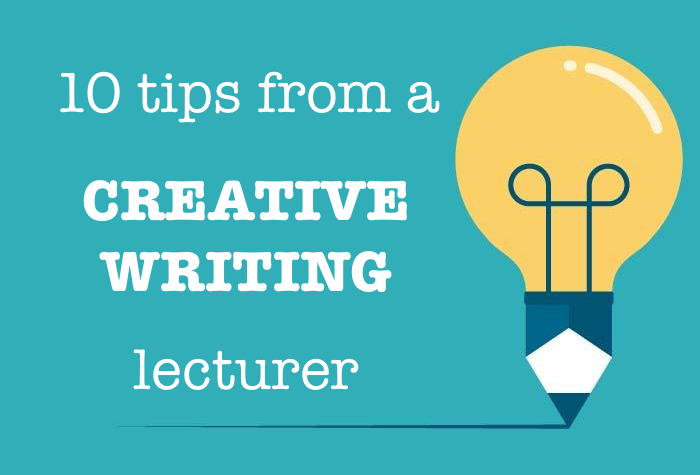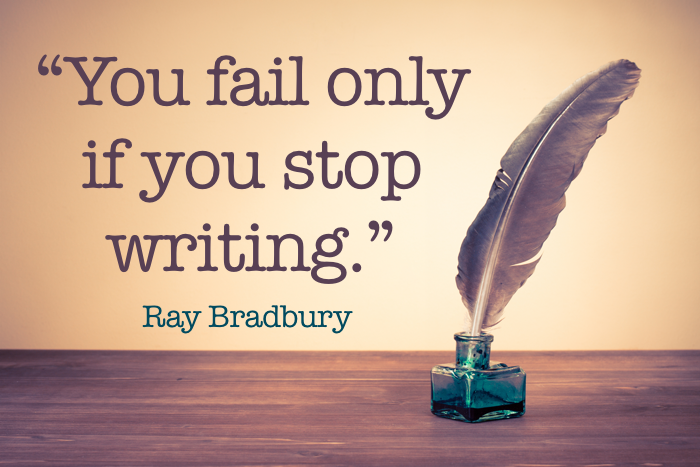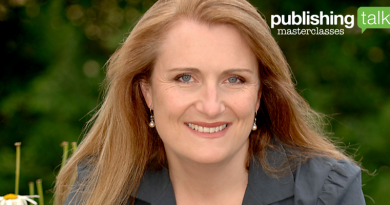10 tips to learn from a creative writing lecturer

A creative writing lecturer and published author, Julia Bell is one of the UK’s foremost authorities on creative writing. Here, she shares with us the top ten pieces of advice she gives her students at the start of each year.
[rt_reading_time label="Reading Time:" postfix="minutes" postfix_singular="minute"]
Sometimes as a teacher you feel like you’re trapped in a groundhog day, repeating the same pieces of advice every year, just to a different cohort of students, although as I get older and more forgetful perhaps I’m just repeating myself and students are being too polite to call me on it.
In any given year these are the pointers about writing good prose – novels and stories – that I find myself saying over and over, but they are also in themselves, light bulb moments from my own practice as writer.
Julia Bell’s top ten writing tips
- A good piece of writing is an experience for the reader. The meaning of a story or a novel does not pre-exist the writing of it. You can’t write with a manifesto in your hand unless you are intent on writing parables or sermons. Technique – point of view, character, sentence structure, style – are all in service to the creation of this experience.
- The writing of a story should be an experience for the writer too. The work needs to transmit something – love, anger, jealousy, rage, disturbance, (add your own abstract noun here) – but you can’t experience these abstractions in prose just by using the abstract noun. In fiction, meaning is delivered through concrete detail and description. Don’t tell me that your character is angry, show them throwing the ashtray. As a rule of thumb if your work makes you feel – cry, laugh, explode – chances are it’s transmitting something of this to the reader too.
- Make your story question the world. A story should never set out to answer a question, rather it should pose the question correctly. Here I am paraphrasing advice from Chekhov. Good writing offers up a knotty picture of the world for a reader to untangle: Over here, reader! Look at this tangle of thorns! A story which ties everything up in neat conclusions might be more commercial (read Disney) but if it doesn’t make us question the world then it cannot claim to be art.
- Cut out all unnecessary words. Frilly language just gets in the way. If you’re going to write stylishly read lots of poetry and think about rhythm. Good sentences are concrete and they choreograph the action for the reader – too many flouncy words just get in the way of what’s going on and makes the action and characterisation hard to see.
- Get used to editing. You will write a lot of words that you don’t need as you get to know your characters. Those paragraphs of back story? They are mostly character notes that are helping you get to know your character but they are also holding up the flow of the story. Cut ruthlessly.
- When editing, look for the sentences that should be paragraphs and the paragraphs that should be sentences. That means the places where you can move more swiftly and you’ve waffled on with something which you could deliver in a line, and where you’ve delivered something in a line which is worth expanding into a paragraph or scene. Good time management is key to this.
- The beginning point for a writer and a reader are in two different places. The opening paragraph of a published book is often a polished affair written at the end of the project when the writer knows what it is they are offering the reader. As a writer, when you start a story everything is provisional until you have finished it so don’t over polish your beginning – you may end up having to cut it anyway.
- It’s better to have a ‘frankendraft’ than 10,000 words of finely wrought prose. Writers are often paralysed by the idea of writing a bad sentence but until you’ve finished a project you have no idea of what you’ve got. A potential novel is just that, the real novel is the one you actually wrote. Better to push on to the end of something than agonise over sentences. The whole thing will need redrafting anyway – when you have finished a piece, however unwieldy and full of mistakes, you actually have the raw material to work with and turn into something better.
- Don’t assume the ‘frankendraft’ is good enough. You finished your book – congratulations. Now the hard part starts. Agents dread the months post NaNoWriMo because they get heaps of unsolicited submissions from people who wrote a novel in a month and think that’s all there is to it. Please go back to point 1. Editing always makes the work better.
- No one can do the work for you. There is no substitute for the work. If you want to write a book do it, don’t dream about doing it. And worst of all don’t bitch at others for achieving something you haven’t had the guts to get on with. Rivalry is useful if it’s inspiring you to write better, harder, faster. If you’re just jealous because they’ve done the work and you haven’t there is very little that can be done to help you.
This post first appeared on the Prolifiko blog.


